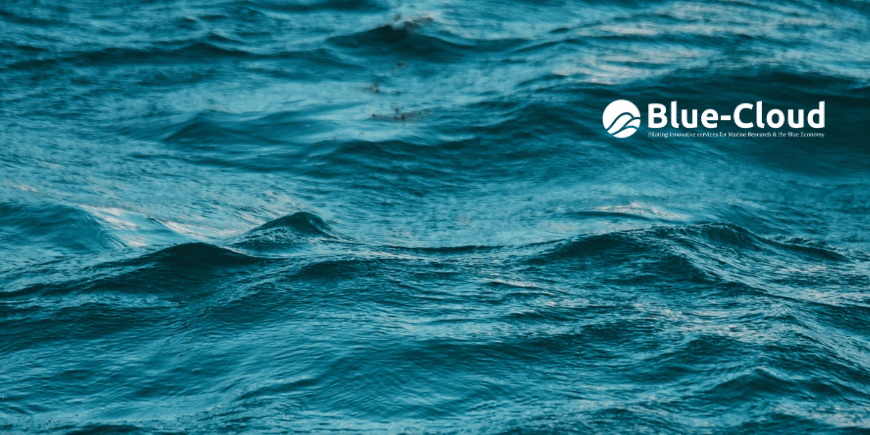Over the past two decades, the European Union invested in policies and infrastructures to enable sustainability and fitness for purpose for ocean and sea observation, aiming to effectively tackle long-standing issues of findability and interoperability of marine research data.
EU Member States, together with Associated Countries and other international partners, have created a solid infrastructure of marine data, modelling and forecasting, mainly based on leading actors such as the European Marine Observation and Data Network (EMODNet) and the Copernicus Marine Environment Monitoring Service (CMEMS), providing top-level ocean forecasting and ocean climate services centred on the assimilation of in-situ and satellite data to an ever-growing range of projects and initiatives.
Many relevant European Research Infrastructures and R&D projects are supporting these efforts to deploy ocean observatories at sea and collect marine data, cooperating according to the principles of free and open access, interoperability, and “measure once, use many times”. Blue-Cloud is one of these projects, showcasing the added-value of the federation of existing data infrastructures through the work of real-life demonstrators covering critical fields at the crossroads between marine research, blue growth, and policymaking.
Co-creating a Digital Twin of the Ocean
Announced in 2020 by the European Commission, the Digital Twin of the Ocean concept is part of the Destination Earth initiative, representing another step forward towards the integration of all European assets related to seas and oceans with top-tier digital technologies into a digital component representing a consistent high-resolution, multi-dimensional and (nearly) real-time description of the ocean.
Blue-Cloud has been closely following the development of Destination Earth (which was also introduced at our workshop in Brussels last February), and our representatives have been involved in key discussions on the Digital Twin of the Ocean and on the overall vision of an enhanced digital environment for marine data. For example, former Blue-Cloud Coordinator Sara Garavelli from Trust-IT Services took part in the International Ocean Governance webinar on strengthening the ocean knowledge system, and the current Coordinator Francesca Spagnoli (Trust-IT Services) joined the brokerage rvent on the EU Green Deal call at the EU Research & Innovation Days. In addition, Blue-Cloud Technical Coordinator Dick Schaap from Maris intervened at the Phi-Week 2020 organised by ESA Earth Observation, while Work Package 6 leader Kate Larkin from Seascape Belgium joined the session on the Digital Twin of the Ocean at the 7th EMB Forum.
Last week, Blue-Cloud partner Mercator Ocean International also participated in the activities of the GEO Week 2020 organised by the Group on Earth Observations. Director General Pierre Bahurel issued a statement highlighting the potential of digital twins, as well as the fundamental role played by Copernicus assets and state-of-the-art technologies in the advancement of these initiatives.
Marine Environmental Indicators
Mercator Ocean International is contributing to the development of the Blue-Cloud demonstrator "Marine Environmental Indicators", in collaboration with CMCC Foundation, IFREMER, the Royal Netherlands Meteorological Institute (KNMI), and the University of Bergen (UiB). This demonstrator will showcase an online service with an associated cloud-based analytical computing framework and a dedicated web interface to provide and display indicators and information on the environmental quality of the ocean, for the benefit of both researcher and policymakers.
We are introducing this demonstrator in a dedicated webinar on Friday, 4 December 2020 at 11:00 CET, featuring experts from the partners which will explain how Blue-Cloud can respond to the urgent need for developing innovative flexible capability for both the scientific investigation of climate trends and the monitoring activities.
See the full agenda of the webinar and register now!
On 20 November, Blue-Cloud is also hosting an invitation-only policy dialogue session to discuss the next steps for the co-creation of the Roadmap to 2030, a policy document providing the basis for the future strategic development of the Blue-Cloud well embedded as a leading system in the wider marine community.
